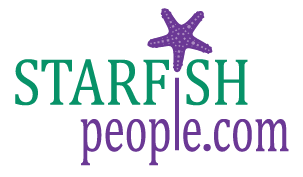Many organisations have responded to the coronavirus (COVID-19) pandemic by cutting employees’ hours or using the Coronavirus Job Retention Scheme (CJRS), both of which will have a significant impact on people’s current and future finances.
As a result, some employees will have significantly less money to survive on over the coming months. What can HR do to help their financial wellbeing now, and what should it think about in the longer term?
Practical immediate help and advice
For many, the priority will simply be to survive financially during this time. Food costs and utility bills may go up as a result of families being based at home – even as household income falls.
Employers can support staff with ideas for managing finances and reducing expenditure, as well as checking that people are aware of any relevant employee benefits. This could be done in collaboration with a financial education provider or benefits consultant, or by using credible third-party resources.

Financial and mental wellbeing
Poor financial wellbeing is often linked to poor mental wellbeing. Make sure any mental wellbeing support is “joined-up” with financial wellbeing communications, and that the two complement each other. Vulnerable employees with addiction problems or who are at risk of domestic abuse, for example, may also need additional, more specialised support.
Signpost workplace benefits, such as employee assistance programmes, that can help employees who are struggling, and ensure that employees know how to use them.
However, simply keeping in touch with employees while they are at home or on furlough is often the best way to identify individuals who may be experiencing problems, and is a starting point for directing them towards help.
On ot the biggest long term concerns that our clients have raised is employees pensions. The Coronavirus Job Retention Scheme covers employers’ minimum 3% contribution required under pensions auto enrolment rules, made on the reduced earnings that they can recover under the scheme (80% of employees’ wages, capped at £2,500 per month).
However, the employee contribution of 5% is not covered, so workers who remain in the pension scheme must continue to make contributions from their Coronavirus Job Retention Scheme income. In the longer term, the challenge for employers will be to ensure that employees return to regular pension contributions if they opted out of the scheme during the crisis or reduced their contribution rates.
If you’re looking for advice on this subject and want to know how the changes will impact your business.
Contact us by completing our secure contact form

Alternatively call us direct on 01243-607357, or email [email protected]


